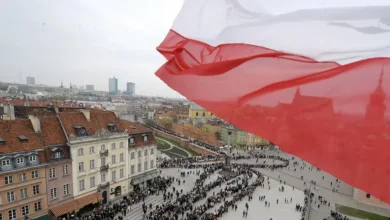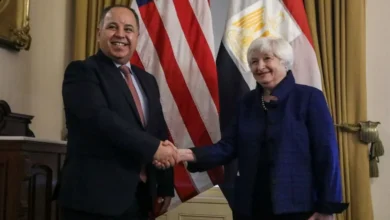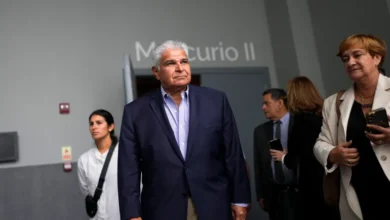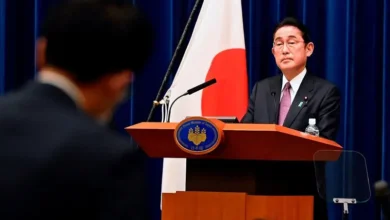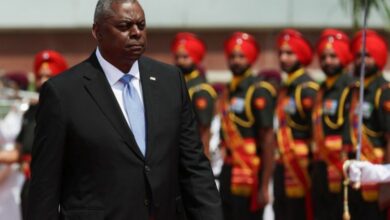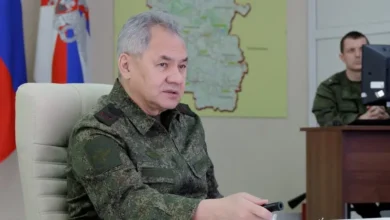EU’s Michel, Turkey’s Erdogan agree to ‘re-energize’ ties as Ankara demands accession
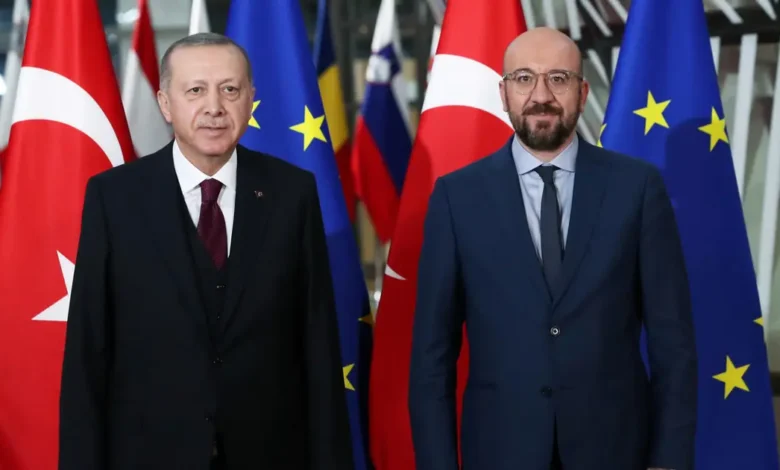
EU chief Charles Michel and Turkey’s President Recep Tayyip Erdogan agreed on Monday to “re-energize” relations after Erdogan linked Ankara’s approval of Sweden’s NATO bid to Turkey joining the EU.
Michel said he had a “good meeting” with Erdogan at the NATO summit in Vilnius where they “explored opportunities ahead to bring EU-Turkey cooperation back to the forefront and re-energize our relations.”
He added that the European Council has invited the High Representative/Vice President (HRVP) and EU Commission to “submit report with a view to proceed in strategic and forward-looking manner.” And said the two “discussed Sweden’s accession to NATO, also in view of improved EU-Turkey relations.”
Earlier on Monday, Erdogan said that he will urge the NATO summit to open a path for Ankara’s EU membership so Turkey paves the way for Sweden’s NATO membership. He said: “First, let’s pave the way for Turley in the EU, and then we will pave the way for Sweden just as we did for Finland.”
However, later in the day, NATO Secretary General Jens Stoltenberg announced that Erdogan had agreed to back Sweden’s bid.
One of the joint agreement points states that “Sweden will actively support efforts to reinvigorate Turkey’s EU accession process, including modernization of the EU-Turkey Customs Union and visa liberalization.”
Turkey has been a formal candidate for European Union (EU) membership for a considerable period of time, highlighting its aspirations to become part of the bloc. Since applying for EU membership in 1987, Turkey has engaged in extensive negotiations and made substantial efforts to align its political, economic, and social systems with EU standards.
The country’s pursuit of EU membership reflects its desire for deeper integration with Europe, enhanced economic cooperation, and the aspiration to strengthen democratic values and institutions.
However, the path to EU membership for Turkey has encountered numerous challenges and hurdles. Issues such as human rights concerns, freedom of speech, rule of law, and the Cyprus dispute have posed significant obstacles to the progression of Turkey’s accession process.
Moreover, debates within EU member states, including concerns over cultural differences, population size, and geopolitical implications, have also shaped the challenges faced by the bloc in considering Turkey’s membership.
The road to EU membership for Turkey remains complex, but some observers have posited that Erdogan giving the green light to Sweden’s NATO bid and his meetings with EU officials at the summit may serve as a break in the clouds for the Turkish leader’s EU aspirations.

